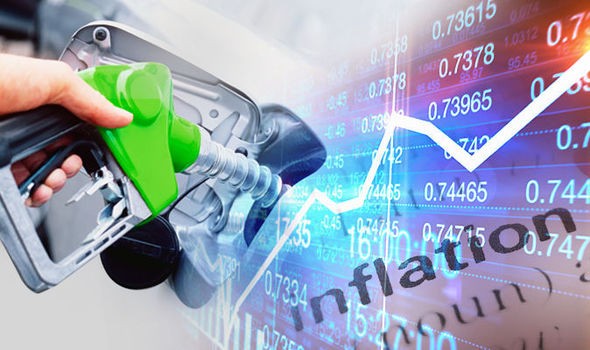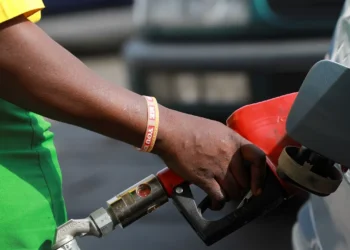The inflation figures for Nigeria in June 2023 recorded a slight increase compared to the previous month. This rise can be attributed to a confluence of factors, including ongoing insecurities, challenges in food production and distribution during the lean season, the removal of fuel subsidies, elevated pump prices, increased transportation costs, and a prominent surge in the cost of food items, with food inflation alone reaching a staggering 25.25%.
Inflation Drivers
1. Insecurities and Lean Season Impact: The persisting security challenges, particularly in Northern Nigeria, have significantly disrupted food production and supply chains. This has led to a scarcity of essential commodities, driving up prices.
2. Fuel Subsidy Removal and Pump Prices: The implementation of fuel subsidy removal has had a profound effect on energy costs, with pump prices witnessing an upswing. This, in turn, has had ripple effects on transportation costs and the overall distribution of goods, including food items, within the country.
3. Soaring Food Prices: The escalation in the cost of food items has been a major driver of inflation. Despite the current harvest season for cassava, yam, and maize in Southern Nigeria, the repercussions of fuel subsidy removal continue to influence transportation costs and exacerbate the food inflation rate.
4. Core Inflation Contribution: Core inflation, which excludes volatile food and energy prices, has played its part in amplifying the headline inflation rate, contributing to a substantial portion of the inflationary pressure. As electricity tariffs are expected to surge, further escalation of core inflation is anticipated in the coming month.
Potential Mitigating Factors
Dangote 650,000bpd Refinery: The upcoming commencement of production at the Dangote 650,000 barrels-per-day refinery in July offers a glimmer of hope in easing energy costs over the long term. This could alleviate some of the inflationary pressures stemming from increased fuel prices.
Presidential Declaration: Recognizing the severity of the food crisis, the President declared a state of emergency for food on July 13. The proposed plan to allocate 500,000 hectares of farmland to address food insecurity is eagerly awaited and is expected to have a positive impact on food prices.
Future Projections
Despite these promising developments, it is prudent to anticipate higher inflation rates in the following months before any meaningful moderation takes place. The effects of ongoing economic challenges, coupled with uncertainties related to food and energy prices, may continue to exert upward pressure on inflation indicators.
Bottom Line
It is evident that Nigeria’s inflation figures for June 2023 were influenced by a complex interplay of factors, including insecurity, fuel subsidy removal, rising food prices, and core inflation. While efforts are being made to address the issues through initiatives such as the Dangote refinery and the President’s plan for farmland, caution is warranted, as inflationary pressures may persist in the near term. Policymakers and stakeholders should remain vigilant and proactive in implementing appropriate measures to mitigate inflationary trends and foster sustainable economic growth.











